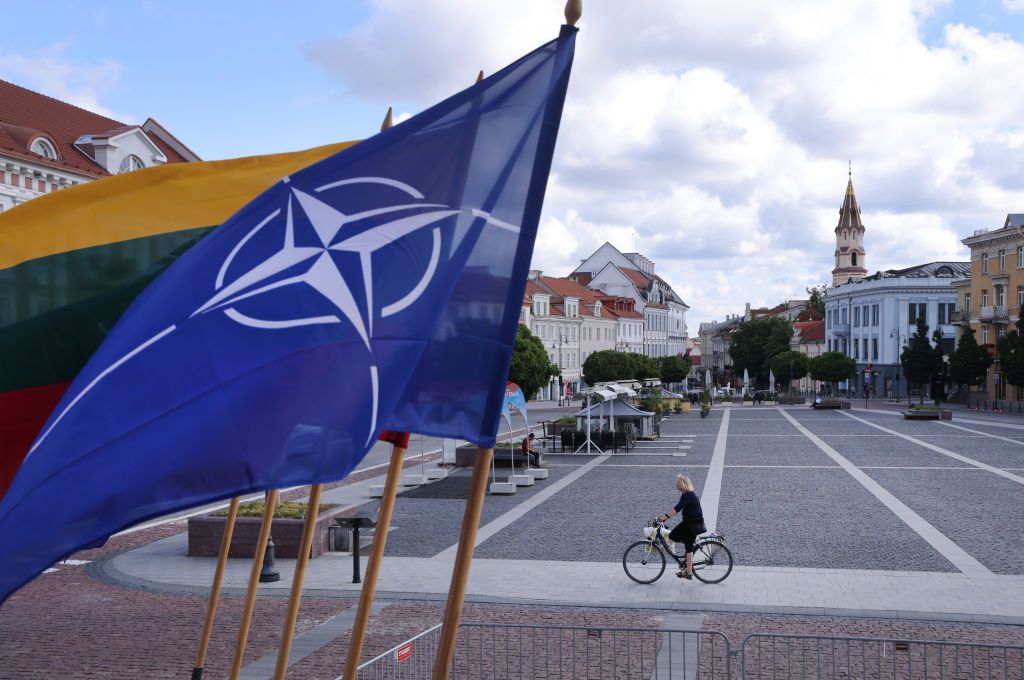Poland, Lithuania, other NATO allies begin military exercise around Suwalki Gap

Poland, Lithuania, and other NATO members, including the U.S., began military exercises around the Suwalki Gap in Lithuania on April 21.
The Suwalki Gap is a thin 65-kilometer (40 miles) strip of land on the Polish-Lithuanian border between Belarus and Russia's exclave of Kaliningrad. It has been historically considered to be a potential flashpoint of military conflict between Russia and NATO.
The exercise was jointly planned in 2022 by the Polish and Lithuanian militaries and involves at least 1,500 troops and hundreds of pieces of equipment, the Lithuanian public broadcaster LRT said.
The specifics of the exercises remain largely classified. LRT reported, citing the Lithuanian military, that the main goal is to test the joint defenses in the Suwalki Gap area.
It is running concurrently with a similar U.S.-led military exercise in Lithuania, dubbed Saber Strike, which began on April 19.
Tensions in the Suwalki Gap area have risen since Russia's full-scale invasion of Ukraine, prompting NATO forces to conduct regular military exercises and improve their collective defensive capabilities.












